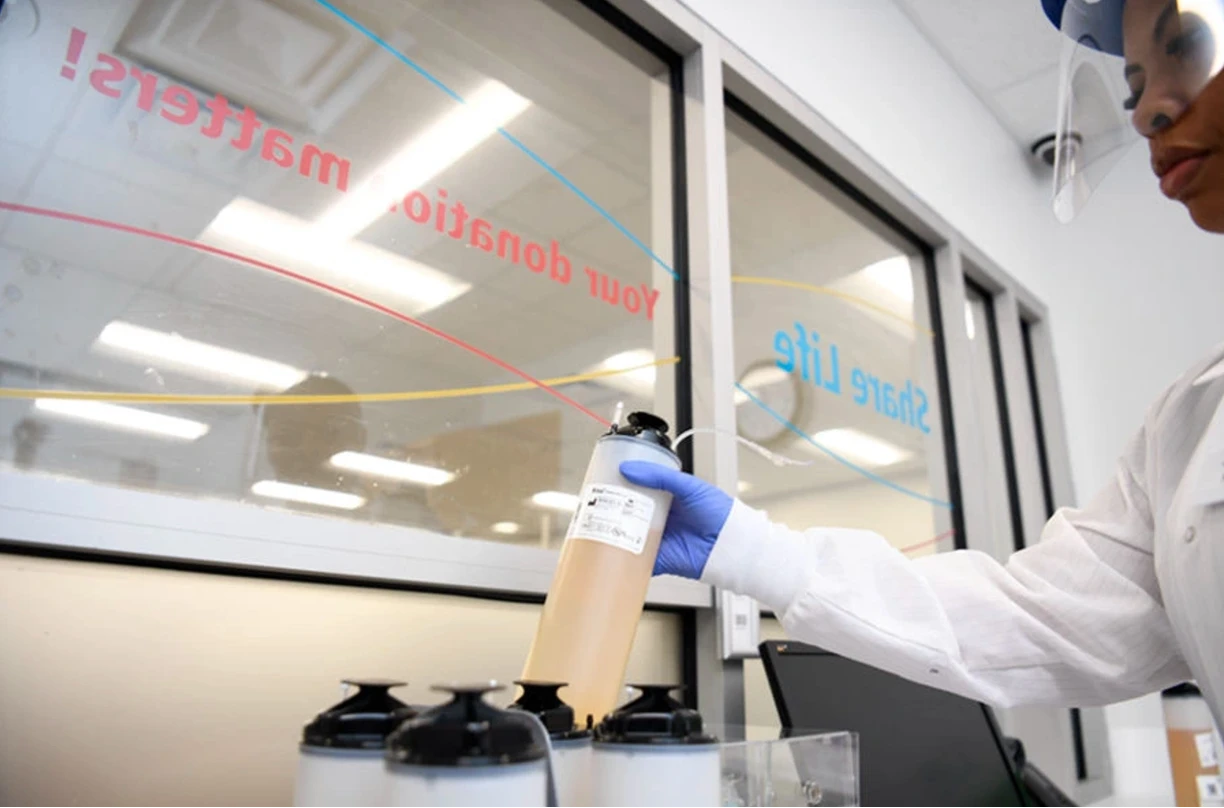How to Prepare to Donate Plasma
How to prepare for your first plasma donation
In addition to the things you should do before donating plasma, there are also some recommendations on what to avoid.
- First, avoid eating a heavy meal before donating plasma. Eating a heavy meal can make you feel nauseous or lightheaded during the donation process.
- Second, avoid alcohol before and after your donation. Alcohol can dehydrate you and make you more likely to feel faint during the donation process.
- Third, do not smoke within 1 hour before and 1 hour after donating plasma. Smoking can cause your blood pressure and heart rate to increase, which can make it more difficult to donate plasma.
- Fourth, do not take aspirin or ibuprofen within 24 hours of donating plasma. These medications can thin your blood and make you more likely to bleed during the donation process.
- Finally, do not donate plasma if you are feeling ill. If you are feeling sick, your body is not in a good state to donate plasma. Wait until you feel better to donate.
By following these tips, you can help to make sure that your first plasma donation is a positive experience.
What to Wear to Donate Plasma
What should you wear to donate plasma? Well that is a great question. Depending on the season, you may want to adjust your outfit accordingly if you are heading to a CSL Plasma donation center. In general, we recommend wearing loose and comfortably fitting clothing. Something to keep in mind is that you will want to wear clothing that will allow you to easily roll up your sleeves. However, there is more to think about when the weather begins to get chilly. Check out this guide on what to wear to donate plasma in the fall and winter!
What to bring with you when you donate plasma
This section provides a list of items you will need to bring when you donate plasma. The items include:
- A government-issued photo identification
- Your government-issued photo identification can be a driver's license, state identification card, or passport.
- If you are using a passport, it must be accompanied by a secondary form of identification, such as a birth certificate or Social Security card.
- Proof of address
- Proof of address can be a utility bill, lease agreement, or mortgage statement. It must show your current address and be dated within the past 90 days.
- Proof of Social Security (example: Social Security card or W2)
- This is required by the Food and Drug Administration (FDA) to confirm that you are eligible to donate plasma.
- A snack and a drink for after your donation. This will help you to replenish your fluids and energy levels.
- A list of current medications, including dosages, is also required. This information is necessary to make sure that you are not taking any medications that could interfere with the plasma donation process.
By bringing these items with you, you will be prepared to donate plasma and help save lives. Donating plasma is a safe and easy way for eligible donors to make a difference in the world.
Why donating plasma is important
Donating plasma is a selfless act that can help save lives and improve the quality of life for others. Plasma is the liquid part of blood that contains proteins, antibodies, and other vital components that are used to make life-saving medications. These medications are used to treat various conditions, including hemophilia, immune deficiencies, and certain cancers.
By donating plasma, you are helping to ensure that these life-saving medications are available to those who need them. Donating plasma is also a great way to give back to your community. Locate a CSL Plasma donation center near you.
Your first plasma donation can take between 2 and 2 ½ hours. Every donation after will be closer to 90 minutes.
To donate plasma, you must be at least 18 years old, weigh at least 110 pounds, and be in generally good health. You will also need to provide proof of identification and residency.
If you are interested in donating plasma, please contact your local plasma donation center. You can also find more information about plasma donation on the CSL Plasma website. So, what are you waiting for?
Sign up to donate plasma with CSL Plasma today and help make a difference in the lives of others!
Explore More Articles

What Can Disqualify you from Donating Plasma?
17 October, 2024
Ever thought about donating plasma but got stuck on the "what ifs"? CSL Plasma is here to clear things up! In this guide, we'll walk you through the potential hiccups that might keep you from donating. From health issues to recent piercings, we've got you covered. So, whether you're just curious or preparing to make a difference, keep reading! Ready to roll up your sleeves and donate? Sign up with CSL Plasma and don't forget to follow us on your go-to social media @cslplasma_us to catch the latest news and deals.

Difference Between Plasma, Platelet, & Blood Donation
31 January, 2024
Have you ever wondered how you can help others in need? Donating plasma, platelets, or blood is a great way to make a difference in someone's life. In this blog post, we will discuss the differences between plasma, platelet, and blood donation, including the donation process, eligibility, and benefits. We will also provide information on how to prepare for plasma donation and how to sign up to donate plasma with CSL Plasma.
